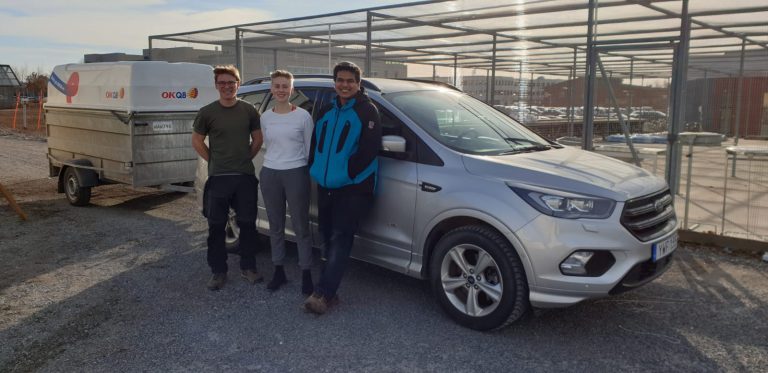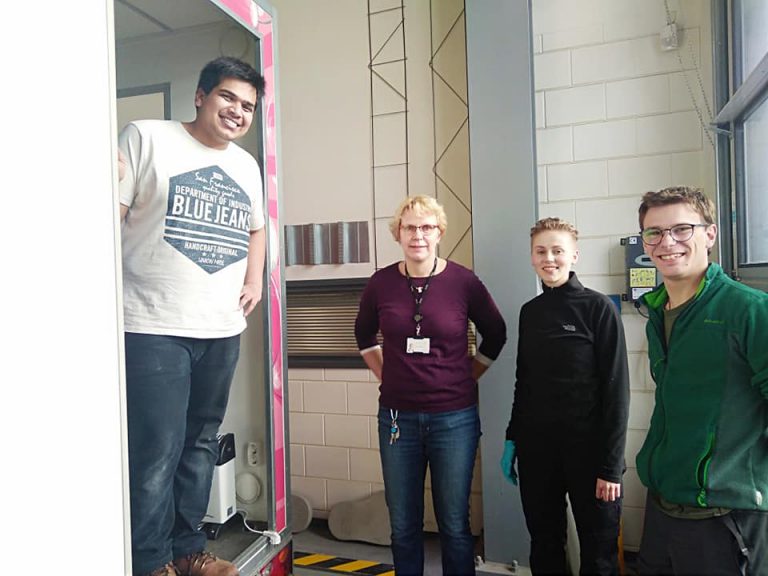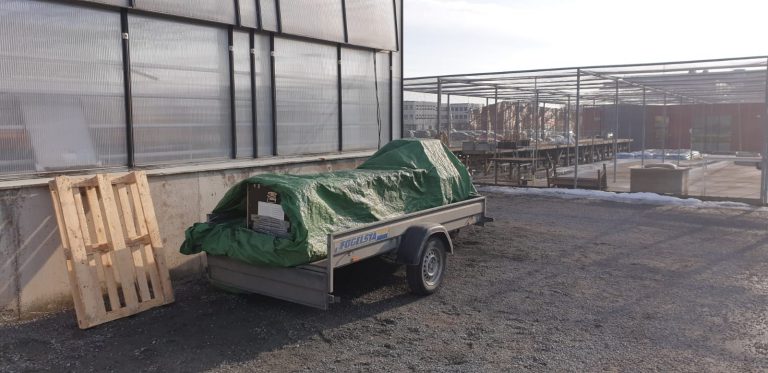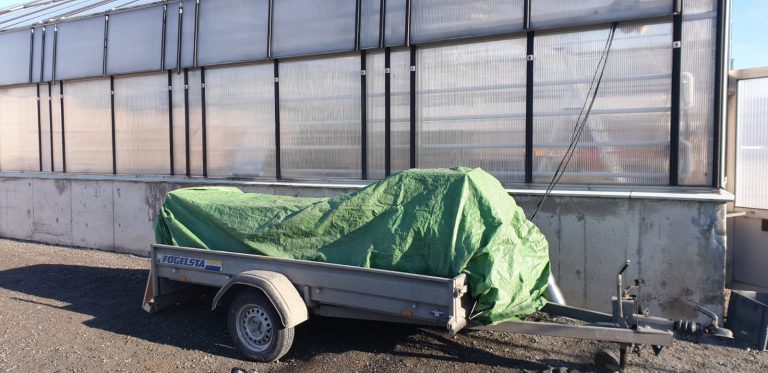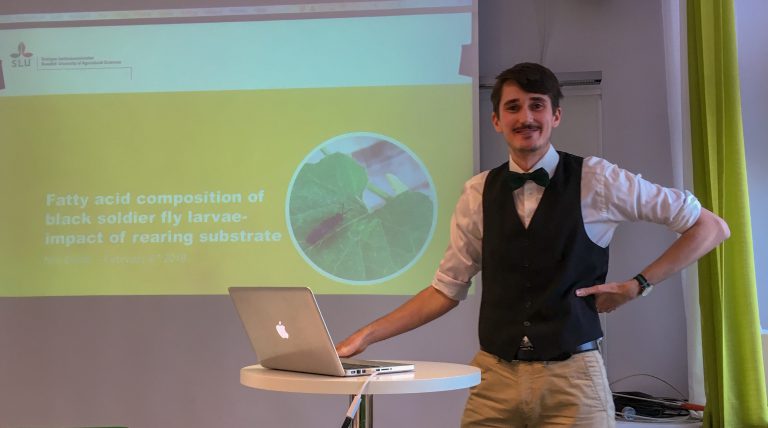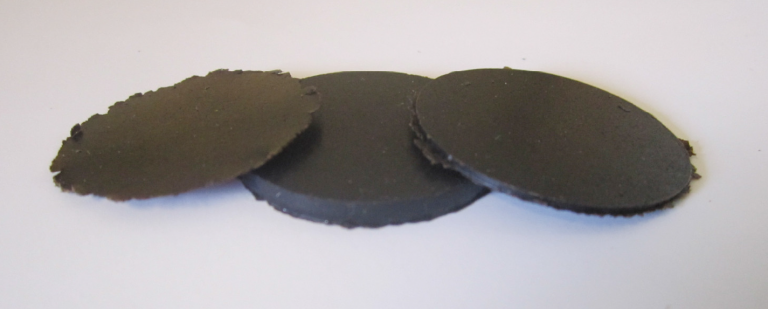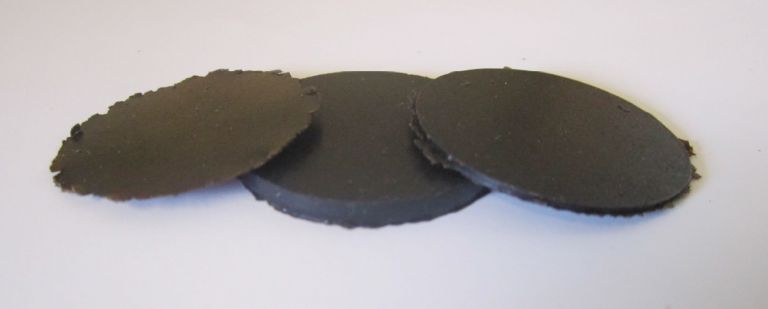Dagligen läcker växthusgaser ut till atmosfären världen över som påverkar klimatet negativt. Dessa läckage sker bland annat från illa skötta och oplanerade deponier där mycket organiskt avfall hamnar. Vad kan göras för att få ut något utav värde från organiskt avfall och förhindra att det hamnar på deponier vilket skulle minska utsläppen av växthusgaser? Den amerikanska vapenflugans larver kan användas för detta ändamål då de livnär sig på organiskt avfall och kan halvera mängden avfall. Larverna kan separeras från det behandlade avfallet och användas i djurfoder och behandlingsresten kan användas som organiskt gödningsmedel. Resurserna i det organiska avfallet behöver återinföras i kretsloppet för att skapa ett hållbart samhälle då tillgångarna på jorden sinar, detta genom att avfallet omvandlas och att resurserna i avfallet används.
Eftersom att det är förbjudet att utfodra produktionsdjur med animaliska biprodukter enligt artikel 22.1.b i Europaparlamentets och rådets förordning (EG) nr 1774/2002, så kan inte larverna utfodras med organiskt avfall då flugan anses vara ett produktionsdjur. Vegetabiliska substrat är däremot tillåtna att utfodra fluglarverna med men det behövs mer kunskap om hur larverna ska kunna tillgodogöra sig den svårtillgängliga näringen i dessa substrat. En lösning skulle kunna vara att förbehandla substratet vilket undersöktes i denna studie där förbehandlingarna utfördes med svamp respektive med ammoniumlösning.
Syftet med denna studie var att utvärdera utsläpp av växthusgaserna koldioxid, lustgas och metangas samt ammoniak från fluglarvskompostering och hur effektivt fluglarvskomposteringen fungerar för nedbrytning av vegetabiliska substrat. För mer ingående information om ämnet hittas i rapporten, upplagd i Diva.

